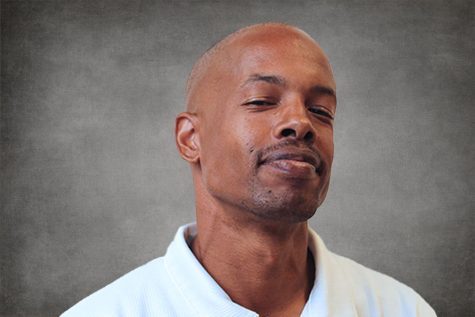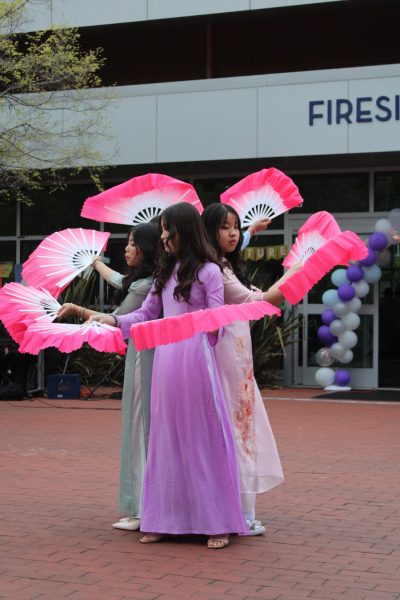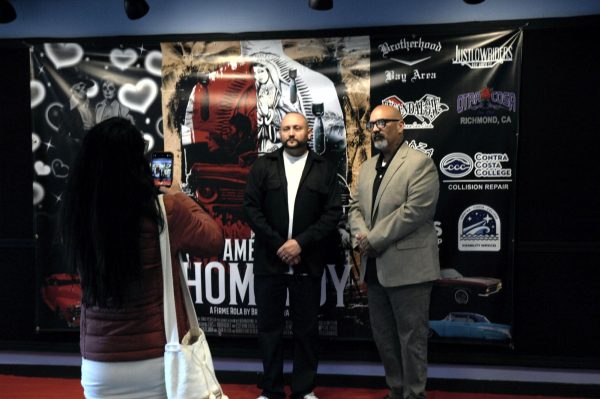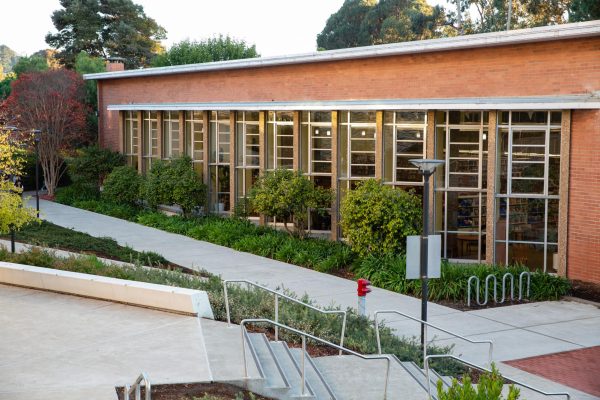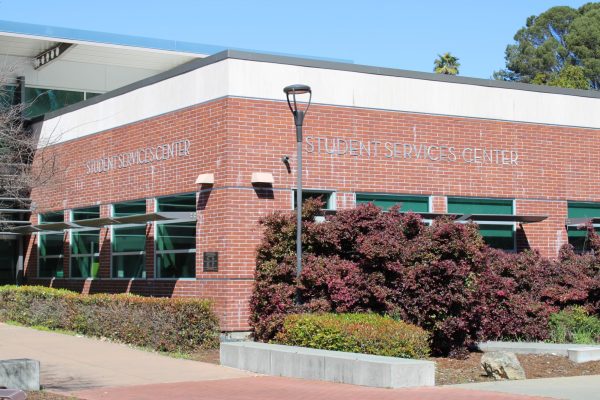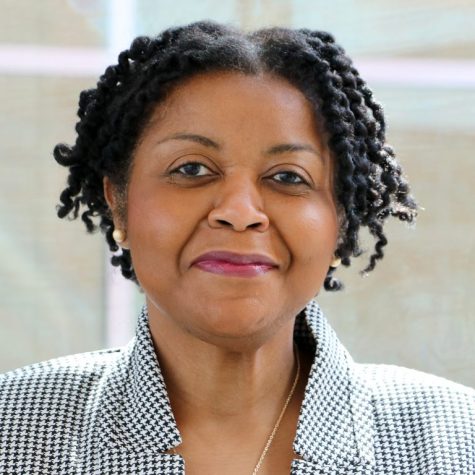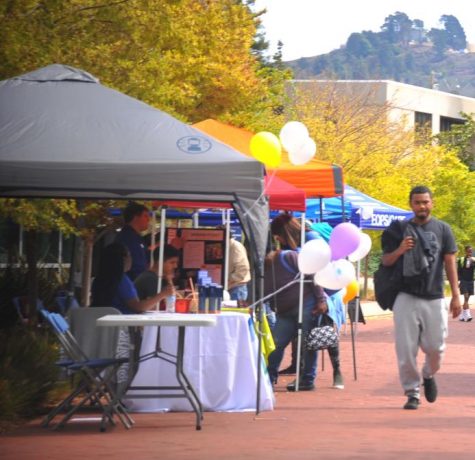Lack of women’s studies mirrors current issues
Adding more female focused classes requires thorough ‘study’
March 17, 2015
The addition of a women’s studies department can be an integral part of any well- rounded learning institution’s option for course study.
Interim President Mojdeh Mehdizadeh said there are many factors to consider before such a program can begin at Contra Costa College, including considerations over the needs of the campus, the level of student interest and the educational pathways such a program would open up.
“We would have to do a study,” she said. The department gives students a chance to examine women’s experiences and questions of gender from multiple perspectives, including cross cultural studies, literature, religion, history and a range of topics relating to women across the social spectrum.
“We had an active women’s studies pro- gram in the past. It was very successful at helping women re-enter the workforce,” health education department Chairperson Sandra Everhart said. “Budgetary cuts and diminished interest ultimately brought an end to the depart- ment.”
Courses in this major expand a student’s knowledge of cultural contributions by women from different ethnic groups from around the world.
It also provides a woman’s perspective on the study of sexual and racial oppression.
City College of San Francisco employs a successful method to keep its interdisciplinary department successful.
Its foundation is the Diversity Collaborative. It highlights the intersecting identities of students belong- ing to various marginalized groups, strengthening all by working together.
“The Collaborative is an important piece. We see our department’s strength as part of a larger unit,” CCSF women’s and interdisciplinary studies professor Elizabeth Arruda said. “It takes dedicated faculty who support the department, not just through women’s studies cross-listed courses but also attending events. There also has to be committed and active students who show by example the value of the classes and degree.”
Student strikes in the Bay Area during the late 60s led to the establishment of ethnic studies departments at colleges in the region.
Although the radicalized aura of change has dissipated in the region, students at CCC know the importance of the department.
“Women’s studies is important because in school everything from sports to history is told from the male perspective,” kinesiology major Melissa Price said. “If the classes were offered I probably wouldn’t take them. I only take the classes I need to graduate. I’m sure a lot of people who want to learn more about women’s issues would. It would be better if they were mandatory.”
Computer Technology Center volunteer, and someone who marched for women’s equality in the 60s, Reina Berman views the situation differently.
“It took women who were feminists labeled as radicals to fight and be ostracized for what we have today and now it’s taken as a given,” she said. “We fought for non-menial jobs and inclusion into the decision-making process. We even had to fight to get our own names on our credit cards.”
Without it women wouldn’t be here. Women are still fighting for equal wages, she said.
Prevalent in today’s society is the idea that the contributions of women throughout history are vastly larger than the scope of one department, and the accomplishments of women should be given their proper respect in any field of study.
Cabrillo College (in Aptos) women’s studies department Chairperson Teresa Macedo said, “Accomplishment by women should be included in other studies but it makes it harder without a core (set of courses) in the department.
“Without a common core it makes it easier for administrators to pair courses down.”


